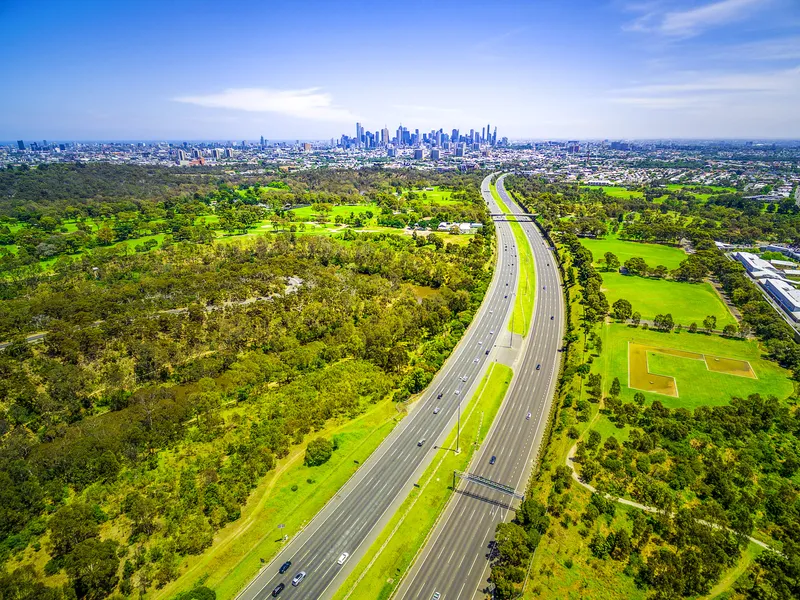Australia's leaders in ITS mobility and MaaS will bring together experts from industry, government and academia to learn and share ideas about the impact of Covid-19 on our industry and communities.
Transportation, freight and logistics, and the transport and technology sector widely have been both massively impacted and deliver essential services. How are organisations and individuals adapting and learning through this crisis?
We will also look at behavioural change, how people are likely to work and study post-pandemic, what will be the impact on fare revenue and fare sharing, what are the new sets of challenges MaaS is trying to solve?

2nd September, 2020 - 3rd September, 2020
Event Organizer
Intelligent Transport Systems Australia Incorporated
Event Location
Online










